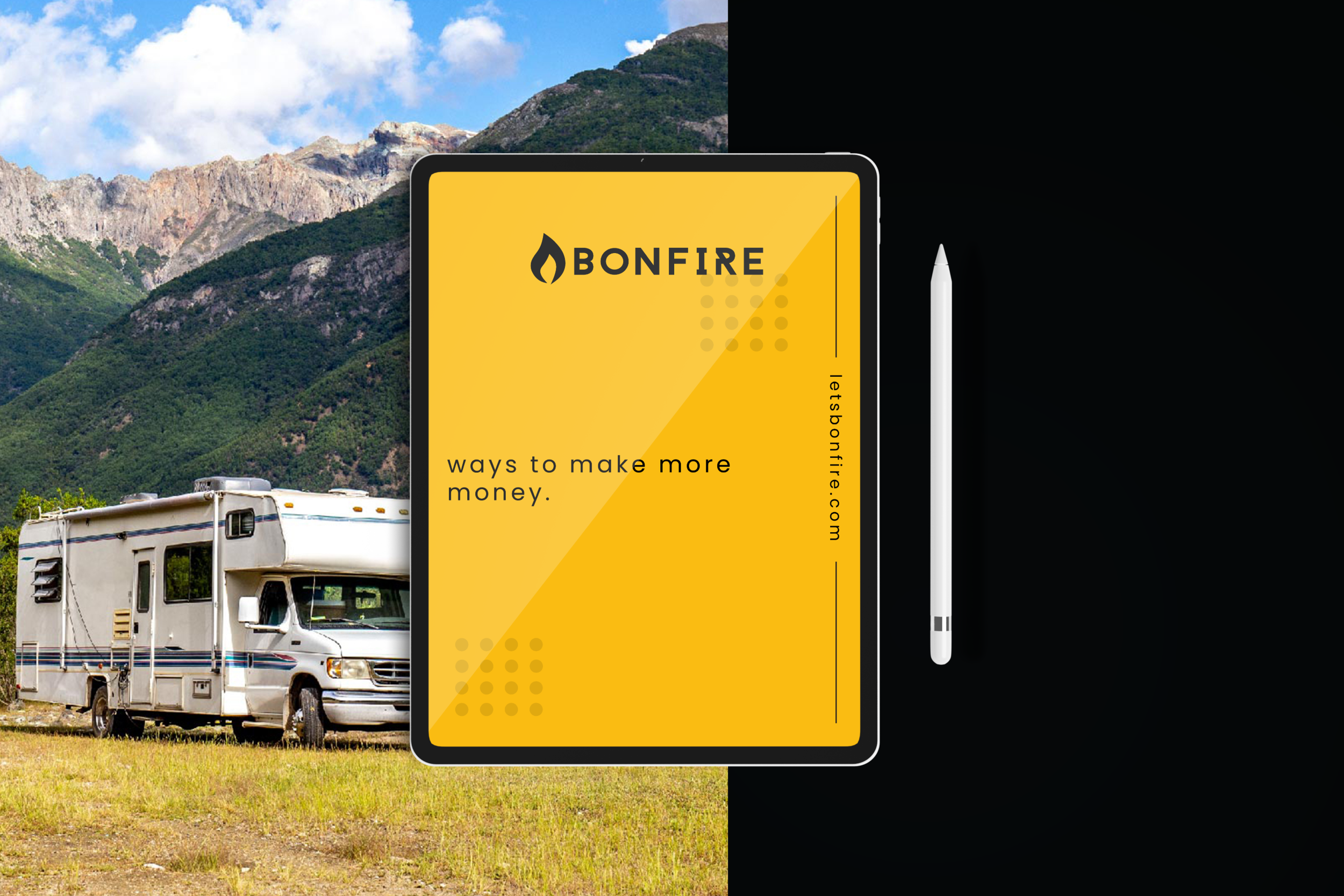BONFIRE POINT-OF-SALE
Point-Of-Sale System
Ditch the stand alone cash register and seamlessly integrate your store sales, inventory, and other park services with Bonfire Point-Of-Sale System. Easy to use and set up, Bonfire Point-Of-Sale is fully connected to Bonfire Reservations, giving you a powerful tool for both reservation management and retail sales in your campground store.
Categories & Hot Keys with Pictures
Enjoy robust inventory management with hotkeys and product pictures. Bonfire Point-Of-Sale is customized with your product photos making it simple for staff to operate and quickly process transactions.
Inventory Controls
Bonfire’s inventory control features help you monitor inventory in real time, prompt for low volumes, and maintain your costs.
Connected Hardware
USB-Connected Hardware (Cash Drawer, Thermal Receipt Printer, Credit Card Swiper).
Bonfire’s POS system provides you with secure hardware to operate a basic campground store. All hardware pieces connect using USB to your computer and are cost-effective for a campground budget.
Add Transactions to Reservations
“Put it on my tab.” Easily add in-store transactions to existing reservations so guests can settle up when they check out. No need to swtich between your reservation platform and POS system - it’s all in one!
Miscellaneous Merchandise
Using the miscellaneous merchandise feature, miscellaneous money (cash tips, one-off purchases, etc.) can be accounted for without all the mess of going through the setup of dedicated items.
Multi-item Features
Easily adjust item quantities to expedite multi-item purchases for your customers. Be able to serve groups efficiently and streamline the checkout process.
Itemized Receipts
Bonfire Point-of-Sale system provides itemized receipts for all transactions and offers print and email options. Even after the transaction is complete, you can send an itemized receipt through the guest’s reservation.


















